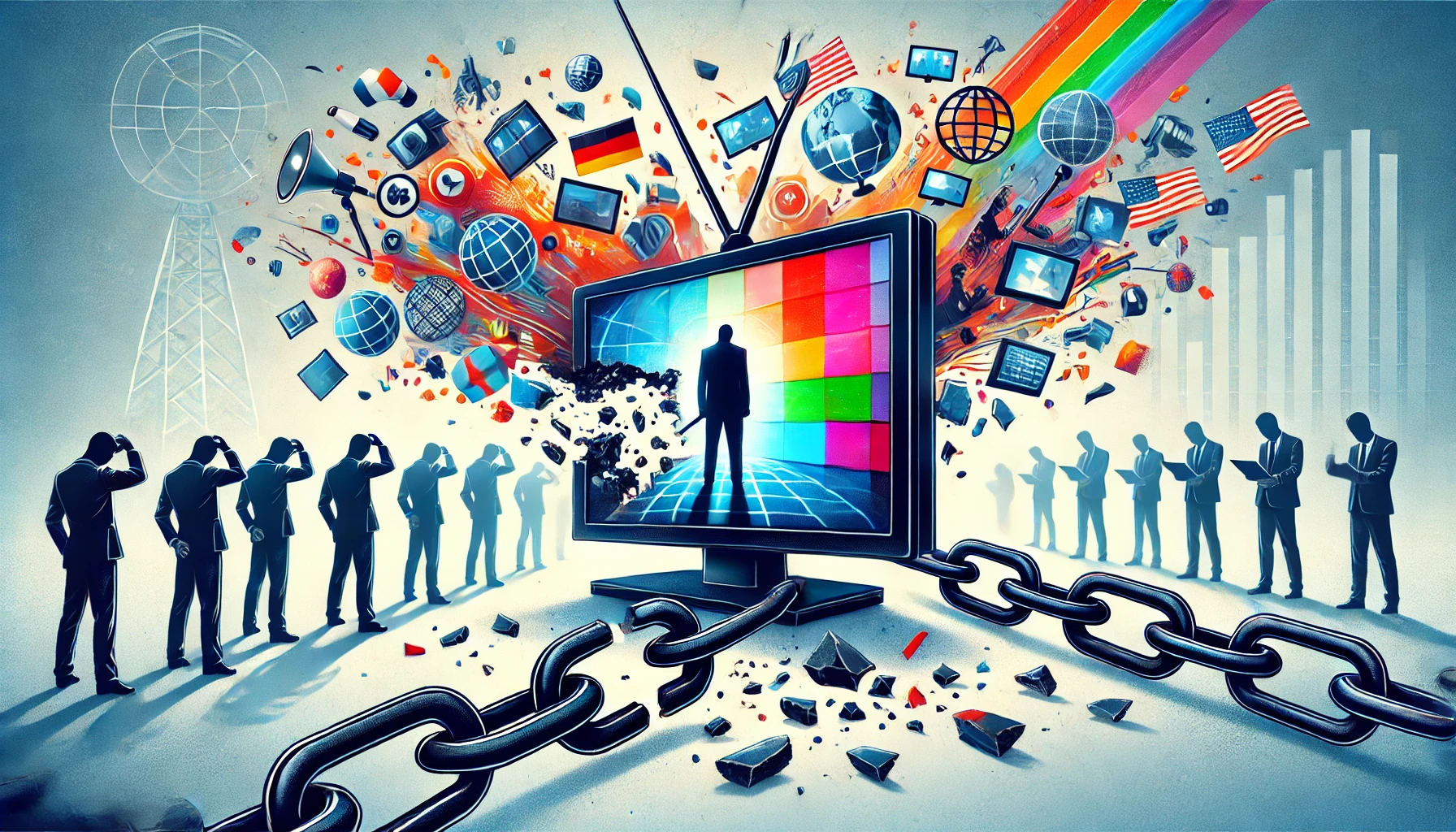There is no way to know whether the bill to privatize the Israeli Public Broadcasting Corporation currently under discussion in the Knesset will be passed, but it is a good thing that a discussion about its future has been ignited: Does the public really need the Corporation?
The origin of public broadcasting lies in a historical technological environment that has already passed. The dominant technology of television used to be broadcasting transmission. The spectrum was limited, transmitters could not charge a direct fee from the end viewer, and anyone with a television set could receive the broadcasts for free. The cost of broadcasting was therefore borne by the advertisers, so that there was sound logic to the idea of establishing a publicly funded channel, unbeholden to any political or business interest, which would provide the public with quality content – balanced and in-depth news and current affairs programs and high-caliber artistic entertainment.
However, technologies have since been developed that enable the consumer – the viewer – to choose what to watch and to pay for it, and content channels have become unlimited – some of which are, to put it mildly, not inferior to what can be viewed on the public broadcasting platform.
The benefit of public broadcasting is based on several fictions. One is that it is possible to insulate a broadcasting entity from the ugly games of mutual blackmail between politicians and broadcasters through legislating regulation (or nationalization). There is no such possibility. When politicians control the conditions under which broadcasters operate, mutual dependence is created ipso facto. The way to avoid the mutual dependence that creates the constant pitfall of corruption, is to simply remove the state from the entire media industry.
The second fiction is that it is possible to create quality, balanced news and current affairs programs through public broadcasting. Quality broadcasting is certainly possible – since the Israeli Public Broadcasting Corporation replaced the Broadcasting Authority, it has, as the KAN 11 channel, carved out a respectable niche in the audio-visual market, capable of functioning in the private sector as a self-sustaining entity. Balanced public broadcasting, on the other hand, is virtually impossible. No matter how hard a media outlet will try to achieve “balance,” someone in the public will complain that the broadcaster failed in its mission because that someone’s position is not adequately represented. Does the Israeli Public Broadcasting Corporation serve the purpose of balance? Does it speak truth to all power or only to some power? The answer is controversial. And the fact that it is controversial indicates that it is not fulfilling the role that its advocates ascribe to it. This is not the fault of the corporation; the task was inherently impossible. Every media outlet has a political and cultural identity; it can be restrained, but not eradicated. Like any broadcasting channel, KAN 11 has its own social and cultural DNA, which shapes the way it understands and presents the world.
Lastly, funding original Israeli artistic productions, (assuming that such is a vital public objective), need not be done through a public broadcasting corporation. If the government wishes to encourage original production, it can offer subsidy packages by government tender: private producers would bid to invest their own capital in suitable productions and try to win the government subsidy packages. (The number of packages that any one competitor could win would be limited).
It is time to bid farewell to the fictions, remove politicians from the media business, let go of the impossible task of “balance”, and set public broadcasters free.
(Based on articles in Makor Rishon, TheMarker and Israel National News (Arutz Sheva))



